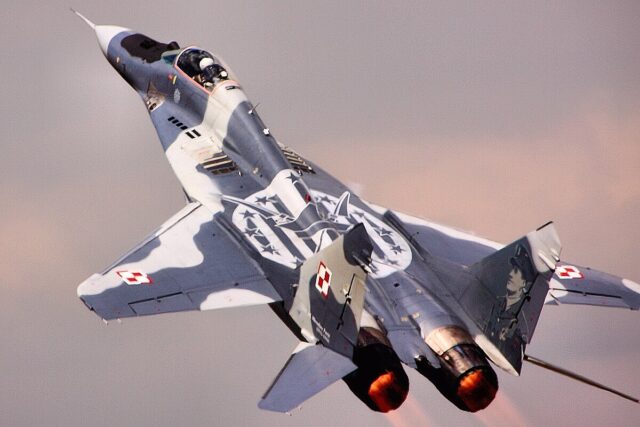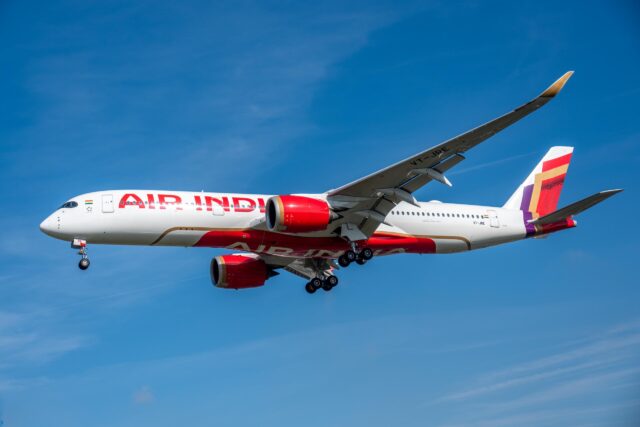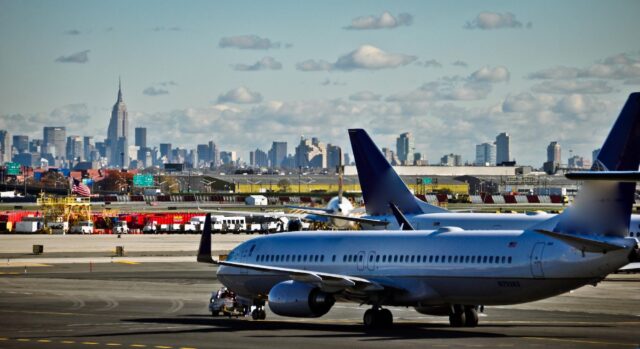What a Turkish Airlines stake in Air Europa could mean for the airlines

Turkish Airlines is reported to be considering a minority stake in Air Europa.
Air Europa is under pressure to raise funds to repay a government loan granted during the pandemic downturn.
The news, first reported by Reuters, suggests there could be some competition for Lufthansa and Air France-KLM, both of whom have been understood to be in the running for a stake.
British Airways owner IAG abandoned its plan to buy the airline last year following regulatory scrutiny.
Reuters notes that the deadline for offers is early July.
What would a Turkish Airlines purchase mean for Air Europa?
Not all of Air Europa is for sale. Globalia, a conglomerate of the Hidalgo family, currently holds an 80% stake, with the other 20% held by IAG, acquired in 2022.
Globalia has never indicated that it is willing to sell the entire 80% stake. The strategy of the sale is to retain control of the airline, but to raise vital funds to refinance debt. Senior figures have said in the past that they intend to retain at least 51% ownership, to keep strategic decision making in Golbalia’s hands.

Investors are being offered an opportunity to purchase a minority stake, some where in the region of 20 – 25%, which is the level at which Turkish Airlines is reportedly intending to bid.
In some respects, Turkish Airlines is a good suitor for Air Europa. It doesn’t compete head-to-head on any of the airline’s routes, but could be a great connecting partner give its huge eastward network from Istanbul.
Turkey and Spain have strengthened their economic ties in recent years, and the interest of the Turkish flag carrier could be a partly political move to give itself a better foothold in the country.
However, Turkish Airlines is in Star Alliance, while Air Europa has been a SkyTeam member since 2007. That might not be such an issue, given IAG already owns 20% and is a founding member of oneworld.

The biggest hurdle here would be the optics of having a non-EU carrier holding stakes in an EU airline. But it’s not without precedent; Etihad, for example, has held significant stakes in carriers including Air Berlin and Alitalia.
Which airline group would be the best fit for Air Europa?
All of Air Europa’s suitors come with benefits and drawbacks.
The most natural fit would be Air France-KLM. The group already has strong commercial ties with Air Europa, and in 2018 explored a joiint venture agreement on flights between Europa and Central and South America.
Both are SkyTeam members, so integration would be simple. Air France-KLM is also more politically aligned with Spain than Lufthansa or Turkish, but any bid could come under competition scrutiny considering how many France-Spain and transatlantic routes overlap.
Reuters reported in March that Air France-KLM had offered €300 million for a 51% stake in Air Europa – significantly more than Globalia wanted to give away. Whether the group revises its bid before the July deadline remains to be seen.

Lufhansa, while in a different alliance, has a strong track record of mergers and acquisitions. It’s own financials are strong, and it has a history of building up weaker airlines to become more financially stable, and could benefit Air Europa with strong connectivity across Central and Northern Europe.
But Air Europe’s hub in Madrid is in direct competition with Lufthansa’s at Frankfurt and Munich. Routes could be cannibalised if the two were more closely aligned.
Lufthansa is already under scrutiny from competition regulators following its acquisition of ITA Airways, and taking a stake in another EU airline is likely to be closely inspected by regulators.
Could more than one group take a stake?
It could be that multiple airline groups are permitted to take a stake in Air Europa. In fact, this could be the best outcome for Globalia.
Air Europa’s owner could, theoretically, give away a 20% stake to two different partners, securing broad reach and support for Air Europa while still maintaining overall control.

Having more than one additional investor would spread the financial risk and bring in more strategic minds to shape the future of the airline. It would also avoid dominance from any one carrier, which may smooth the regulatory process with the deal.
Similar shared ownership models already exist, and could be the best choice for Air Europa’s future.
However, such a partnership could be politically and operationally tricky, not to mention complex to implement.
With bids closing in ‘early July,’ we should know before the end of the summer who will be Air Europa’s new partner (or partners) and what the future for this carrier is going to look like.
















